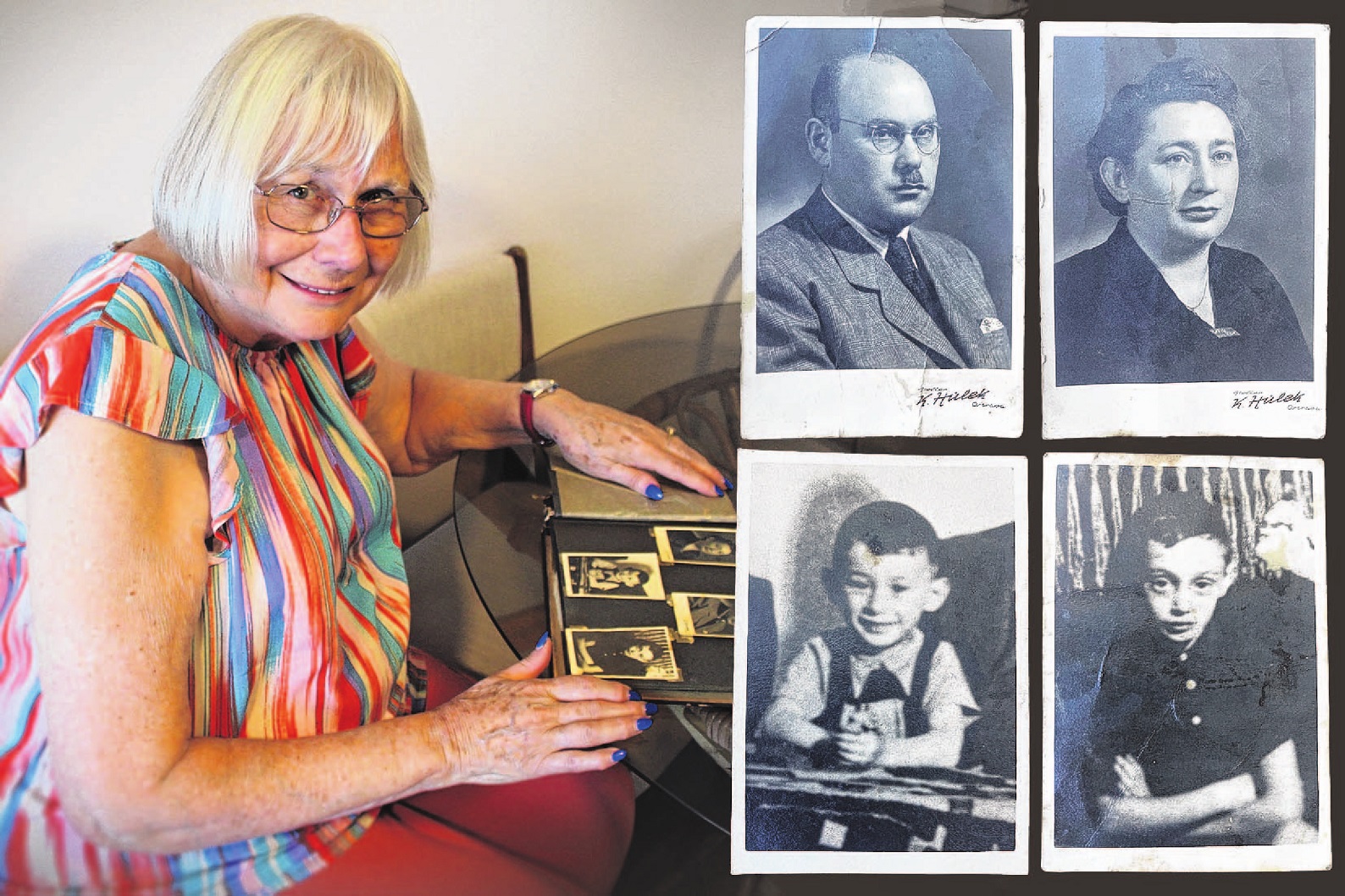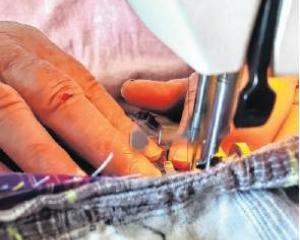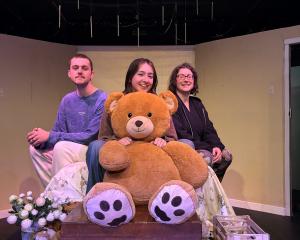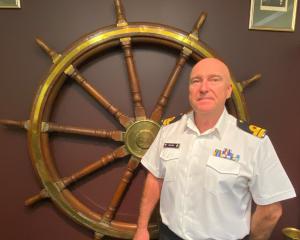
HOLOCAUST REMEMBRANCE DAY
As the United Nations International Holocaust Remembrance Day approaches on January 27, The Star reporter Simon Henderson speaks to Ruth Groffman, who shares how her parents survived internment in Nazi concentration camps.
The small black and white photos are battered and weathered.
In one, Milanek Enoch looks solemnly at the photographer, arms crossed.
In the other, his brother Jakob has a more cheerful expression, smiling across the ages.
For Ruth Groffman, the photos are a precious record of her two older brothers she would never meet.
They were victims of the genocide of six million Jews carried out by Nazi Germany and its allies between 1933 and 1945.
"Unfortunately the two boys were killed in the gas chambers," she said.
Mrs Groffman’s parents were from Czechoslovakia and before World War 2 they had a textile business in Berlin.
They also lived and worked in Ostrava, in Czechoslovakia.
As the strength of the Nazis increased, her parents tried to escape into the forests surrounding Ostrava, but were rounded up and sent to concentration camps.
Her father David Enoch was sent to Buchenwald, Germany, and her mother Deborah Enoch was sent to Auschwitz, in Poland.
"They were in the camps for three or four years."
When there were line-ups of people to be assessed before being sent to the gas chamber, her mother Deborah would try to move to the back of the line.
"I think somehow that is how she, in a sense, probably escaped the gas chamber."
Her father spent most of the war at Buchenwald.
"It was more of a labour camp.
"There was a time when my father got flogged because he was trying to steal a raw potato," she said.
"The atrocities were awful."
After the war her father was able to make his way back to his home town of Ostrava.
Her mother also returned to Ostrava.
"Her camp was in Poland, so she literally jumped on to cattle cars — trains, which went in that direction.
"She finally got to Ostrava and someone in the town recognised her and said ‘oh, you know your husband is alive, but he is very, very sick’."
At that point after the war and internment in concentration camps "they were all skeletons", Mrs Groffman said.
The reunion of her parents must have been bittersweet without their children, and they spent years after the war searching for their boys, to no avail.
In 1948 Mrs Groffman was born in Ostrava, and the family emigrated to Australia the following year.
But the memories of the Holocaust were never far from her parents’ minds.
In about 1968 her mother suffered a stroke.
"When the ambulance came to get her she went back in time.
"As far as she was concerned the SS had come to get her, and she struggled like you wouldn't believe."
Since Mrs Groffman and her husband moved to Dunedin about 20 years ago her Jewish faith continues to be important to her.
"I was president of the [Dunedin] synagogue for two years, and during that time I ran the services every week, on Friday nights."
She is also part of interfaith groups that reach across the divide to find common ground regardless of background.













